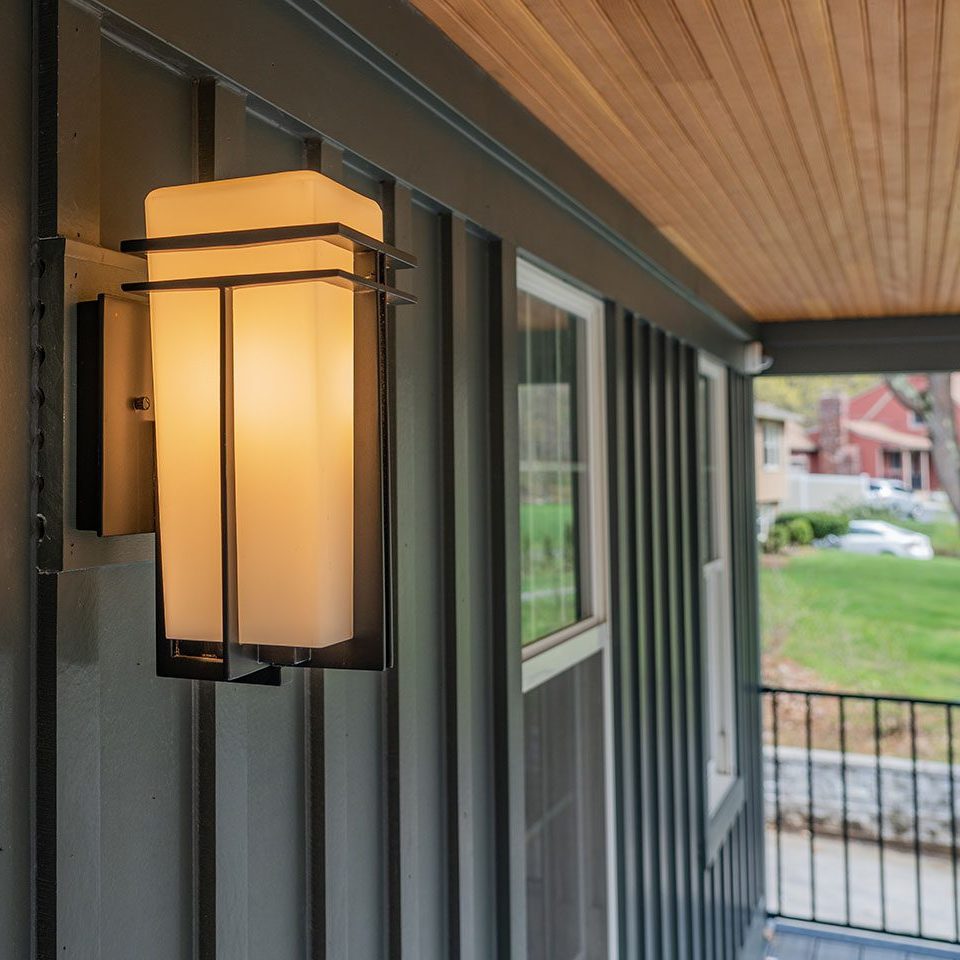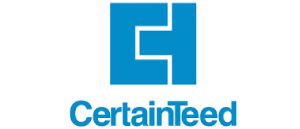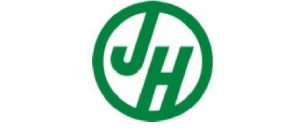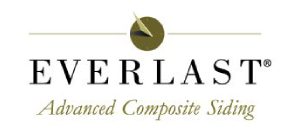
What’s Important to You?
You know your home, lifestyle, and budget. The next step is knowing what each option offers.
Choosing New Home Siding
Homeowners who currently have a wood exterior may care most about reducing maintenance costs and improving insulation.
- A homeowner who plans to put their house on the market may be most interested in curb appeal and market trends.
- For those living close to neighboring homes, avoiding catching fires from nearby houses may be a primary concern.
- After that, it’s time to dig into the benefits and drawbacks of each category of siding. Your siding and installation expert can help you determine which best matches your preferences.
- This may be your first experience with choosing new home siding. Or you may want to upgrade your 20-year-old siding. In either case, advancements in technology give homeowners more choices than ever.
- There’s siding for every budget, every style, and every homeowner. It’s just a matter of finding the right one.
Ready for your next home siding project?
Know the key decision-making factors for choosing new home siding
Here are highlights of some key benefits of the siding we offer:
41 colors. 3 styles. Unlimited possibilities. As the setting for your life story, your home should reflect your family’s lifestyle and personality. With the widest color spectrum in the vinyl siding industry, Monogram offers unparalleled versatility to design your home to your unique taste.



Tando Shake Siding

Choosing siding for your home
Cost
CertainTeed Vinyl: Vinyl siding is the most affordable option upon installation, but the cost of maintenance is a long-term consideration
Tando Composite: Composite siding costs more than vinyl, but requires less maintenance in the long run. Tando has a 10-year “looks like new” warranty and a 50-year performance warranty.
James Hardie Fiber Cement: James Hardie is a high-quality product that costs more than vinyl and composite but is still moderately priced. James Hardie has a 50-year limited warranty.
Everlast Polymer Composite: Everlast is a premium product that costs more than the other three options. However, it boasts near-zero maintenance and a lifetime warranty.
Appearance
CertainTeed Vinyl: Vinyl siding is fade-resistant and comes in the widest variety of colors, plus it offers a broad range of textures, grades, lengths, widths, and covers.
Tando Composite: Fade-resistant Tando siding is vailable in many colors and styles. Tando Beach House Shake, TandoShake, and TandoStone look nearly identical to the natural materials they simulate.
James Hardie Fiber Cement: James Hardie comes in many textures, styles, and colors. It holds paint well and can be repainted for a new look. However, it will fade over time.
Everlast Polymer Composite: Everlast offers a realistic look of rough-sawn cedar planks and is available in a variety of widths, styles, and covers. It provides extreme protection against fading and UV light.
Water-Tightness
PRO CertainTeed Vinyl: If properly installed and well-maintained, vinyl siding is durable and resists moisture, wind, extreme temperatures, and UV.
Tando Composite: Tando products are moisture-resistant but not watertight.
Pro James Hardie Fiber Cement: James Hardie is leak-resistant, but upon installation, many seams must be sealed, creating a risk of water infiltrating behind the siding and damaging nearby areas.
Everlast Polymer Composite: Everlast is impervious to water, resistant to mold and mildew, and offers superior protection against rain, wind, UV, and other weather elements.
Maintenance
CertainTeed Vinyl: If vinyl siding is well-installed and maintained, it requires little maintenance other than an occasional power wash. It is fade-resistant, moisture-resistant, and easily serviced if damaged by weather events. Depending on the home’s setting and level of maintenance, it can last 20-40 years.
Tando Composite: Tando products provide strong protection against weather events, moisture, salt air, fungi, and pests. Tando can last up to 30 years and will need repainting every 5-10 years.
James Hardie Fiber Cement: James Hardie resists insects, mold and fungus, weather-related forces, pests, and UV rays. Its durability gives it a life span of 50+ years if properly cared for. However, it requires regular maintenance, caulking, and touch-up if it chips.
Everlast Polymer Composite: Everlast’s zero-maintenance technology makes it the most durable in different climates and weather conditions. It is impervious to water and insects, plus there’s no need to paint, seal, or caulk. Everlast offers a limited lifetime warranty.
Ease of Installation
CertainTeed Vinyl: Vinyl is the fastest and easiest siding to install, resulting in few craftsmanship issues.
Tando Composite: Tando is lightweight and easy to install. However, it must be installed over a weather-resistant house barrier system, such as house wrap.
James Hardie Fiber Cement: Fiber cement can turn off installers because the boards are bulky, it takes more time to install, and workers require special tools.
Everlast Polymer Composite: Because Everlast is light and comes pre-molded, installation is relatively quick and easy. Everlast technology removes the risk of water infiltration.
Fire Safety
CertainTeed Vinyl: Vinyl siding does not ignite quickly, is inherently flame-retardant, and is easily extinguished.
Tando Composite: Beach House Shake is one-hour fire-resistance-rated.
James Hardie Fiber Cement: James Hardie has the highest flame-resistance class of sidings in its class. It’s considered 100 percent fire-resistant (but not fireproof).
Everlast Polymer Composite: Everlast is resistant to high temperatures and has a class-A fire rating.
Environmental Sustainability
CertainTeed Vinyl: Vinyl siding rates high in sustainability as it requires minimal raw material, produces virtually no waste, and can be recycled.
Tando Composite: Tando is made of polyvinyl chloride (PVC), which is environmentally friendly.
James Hardie Fiber Cement: James Hardie is sourced from common species of wood, has no toxic materials, and manufacturing doesn’t require fossil fuels.
Everlast Polymer Composite: Everlast has poor sustainability as it is a petroleum-based product.
Installation
CertainTeed Vinyl: Installation is relatively easy and fast, resulting in few craftsmanship issues.
Tando Beach House Shake Composite: Lightweight and easy to install, but it must be installed over a weather-resistant house barrier system, such as house wrap.
Hardie Fiber Cement: If not installed properly, water may infiltrate it and damage the surrounding siding. Installation is difficult and time-consuming because the material is heavy, special tools are needed, and proper installation requires more advanced skills.
Everlast Polymer Composite: Its manufacturing process does not require the installer to seal the planks to make them watertight. Its lightweight construction and butt joint system makes installation easy.
Pros and cons at a glance
| CertainTeed Vinyl | Tando Composite | James Hardie Fiber Cement | Everlast Polymer Composite | |
|---|---|---|---|---|
| Material and Installation Cost | Most affordable | Moderately priced | Moderately priced | Higher Price |
| Appearance | Widest color palette; a broad range of style options | Nearly identical to Cedar Shake; fade-resistant | Many styles; Can be repainted but will fade over time | Many Styles; No fading |
| Maintenance | Little maintenance; fade-resistant; moisture resistant; Lifespan 20–40 years | Weather resistant; repainting in 5–10 years; Lifespan up to 30 years | Durable; ongoing sealing and maintenance; Lifespan 50+ years | Zero-maintenance; most weather-resistant; Lifetime warranty |
| Water Tightness | Resistant to moisture if well installed and maintained | Moisture-resistant, but not watertight | Leak-resistant if installed correctly | Impervious to water; highest weather protection |
| Ease of Installation | Easy and fast; few craftsmanship issues | Easy and lightweight; must install over weather-resistant house barrier | Difficult and time-consuming; requires special tools and advanced skills | Easy and lightweight; Requires no sealing of planks |
| Fire Safety | Flame-retardant; easily extinguished | 1-hour fire resistance rated | Highest flame resistance; 100% fire-resistant | High fire resistance; Class A fire rating |
| Sustainability | High sustainability; recyclable; produces little waste | Polypropylene product; recyclable; Low hazard to environment | No toxic materials; no fossil fuels used in manufacturing | Petroleum-based; pure sustainability |
Choosing siding for your home
Ready to choose the home siding that’s right for you?
Every home is unique. Every owner has different priorities. We recommend that you learn about each type of siding so you can think about which option may right for you. Our experts will work with you, provide you with the information you need, and help steer you in the right direction, and answer any question you may have prior to selection and installation.
